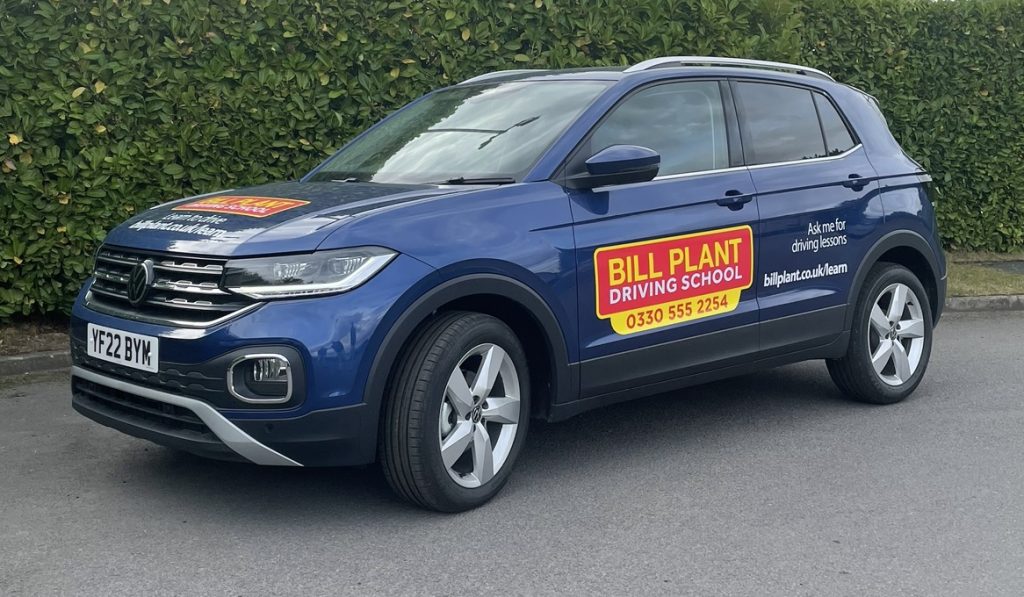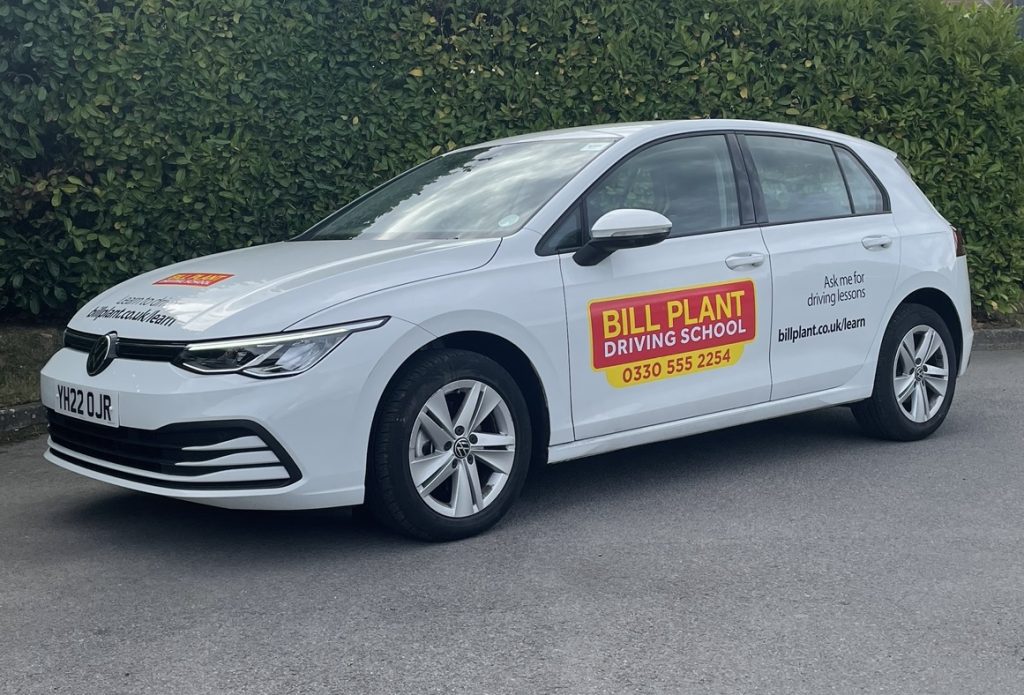
Driving gives us the freedom to go where we want, when we want, but it can also bring about serious anxiety for some and can be so bad for some people that it prevents them from ever taking driving lessons in the first place.
A survey by Nissan revealed that 23% of drivers feel anxious about using motorways while 39% feel scared or uncertain when behind the wheel in general, but has driving anxiety been getting worse in recent years?
And how can you get over driving anxiety if it’s something that you suffer from? The experts at Bill Plant Driving School are here to help, having looked into how Google searches for driving anxiety have increased over time, as well as revealing the most common anxiety triggers and how you can overcome them.
How has driving anxiety increased?
Looking at the number of Google searches for driving anxiety since 2017, we can see that the number of people suffering from driving worries has definitely been on the rise, increasing from 4,400 searches a month in November 2017, to 8,100 today, an increase of 84%.
Searches for driving anxiety peaked between the months of March and August of 2021 when they stood at 9,900 a month and other than a sharp decline around Spring 2020 when the world first went into coronavirus lockdown, they’ve been steadily increasing over the last four years.
Interestingly, in each of the past four years, searches for driving anxiety seem to peak during the summer months.
So, why has driving anxiety increased so much? With people off the roads for so long, the prospect of getting back behind the wheel could worry some people, especially learners.
According to Peter Brabin, Head of Training at Bill Plant Driving School: “With a backlog of over 420,000 students to work through, driving tests have been hard to come by, with an average wait time of 14 weeks. This means that students know they may only have one attempt before facing another long wait before they can secure another test slot, which could partly explain the increase in anxiety.
“It was also interesting to see that searches for ‘anxiety about driving in unfamiliar places increased by an incredible 5,800%. From a learner driver perspective, the fact that many couldn’t book tests in their local area through lockdown meant that they have to travel further afield, which can of course add to the anxiety of learning to drive.”

The most common driving anxiety triggers and how to overcome them

Driving in snow – 112,900 annual searches
Even the most experienced drivers can be caught off guard by extreme weather conditions, none more so than snow. If driving in snow is something that strikes fear into you, the best thing that you can do is to prepare properly and check that your wipers and tyres are in good working order. Checking your route properly and checking the weather forecast to ensure that you don’t run into any difficulties can also help to set your mind at ease before your journey.

Driving in rain – 59,200 annual searches
Driving in the rain can be similarly anxiety-inducing, but again, preparation is key. Plan your route to avoid areas that are prone to flooding and be sure to give yourself plenty of extra time so that you can take a little longer. If conditions are really bad and you still feel too anxious to drive, there’s nothing wrong with postponing your journey until the rain has subsided a little, it’s better than taking any risks

Panic attack while driving – 19,800 annual searches
For some people, driving anxiety (or anxiety in general) can get so bad that it can induce panic attacks, which can of course be dangerous. It’s important to try and identify any triggers that could be causing these attacks and try to challenge them. For example, they could be triggered driving at a certain time or on certain roads, or when driving to new places. If panic attacks are becoming a serious problem for you then you may want to look into therapy treatments to help alleviate your anxiety.

Fear of driving on highway – 9,420 annual searches
One common anxiety trigger is driving on motorways and the fast speeds and potential for accidents that come with it. However, it could also be a symptom of agoraphobia (a fear of situations from which you cannot escape) due to motorways having fewer exits and feelings of being trapped in traffic. According to Somia Zaman, a psychotherapist in private practice: “Despite the fact that motorways are actually the safest roads to drive on, they are a common focus for driving anxiety. Fear is not rational, so the safest roads can be the most anxiety-inducing. The faster pace, intensity, fewer opportunities to stop and pull over and the concentration of large commercial vehicles on the motorway can make drivers feel that they are in a dangerous situation even though they are statistically safer than on an A road.”

Fear of driving over bridges – 5,170 annual searches
Another trigger that can cause anxiety in some people is the fear of driving over bridges, which can be brought on by a fear of heights and can vary in its severity. Fear of driving over bridges is a recognised phobia, named gephyrophobia, and like many other phobias, can be overcome with ‘exposure therapy’ which essentially means gradually exposing yourself to the fear until it is overcome. In this instance, that could take the form of perhaps driving over bridges as a passenger, and building up by starting off with smaller bridges before building up to bigger ones, depending on the severity of the issue.
We also spoke to Suzanne Guest, an occupational therapist at Work in Mind, to find out what treatment options and techniques are there for people who struggle with anxiety:
“The main advice is to work on increasing driving on a graded basis. It’s important to start small and build up slowly so that you don’t become overwhelmed.
“For example, this could be to be a passenger in a car or drive with a passenger. It could be to drive on quieter familiar roads or even drive around a car park.
“It’s also important to question your thinking around driving. Yes, people make mistakes, but you are able to react. Adrenalin is wonderful and helps us react quickly in situations that can be dangerous.
“Finally, always put the risks into perspective and remember all the safety precautions that you take, that reduce the chances of having an accident.”
Methodology
All search data sourced using Google Ads Keyword Planner and refer to global searches. ‘Annual searches’ refers to global searches made between November 2020 and October 2021.
Data on the number of people who reported suffering anxiety sourced from: https://www.independent.co.uk/extras/lifestyle/british-drivers-anxiety-motorways-multi-lane-highways-a8502581.html

